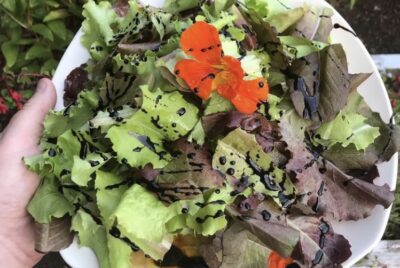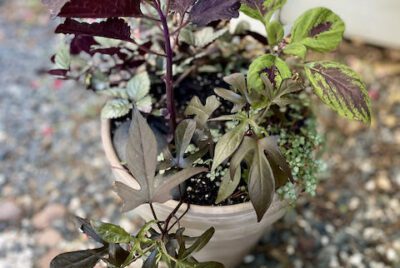RESEARCH
Horticulture as Catalyst for Social Interactions
Summary
The Florida Horticulture for Health Network (FLHHN) explores how horticultural activities serve as a catalyst for social interactions and community engagement. Gardening programs—ranging from school gardens and urban farms to community gardens and green industry trade groups—enhance social bonding, volunteerism, and a sense of belonging. Apolitical horticultural groups (e.g., master gardener programs and garden clubs) promote networking and civic engagement, while political/social change groups use horticulture to address food security and community resilience.
Horticulture-based social initiatives contribute to food literacy, environmental advocacy, and public health improvements. Research supports that participating in horticultural programs enhances socialization, reduces isolation, and fosters collective well-being.







